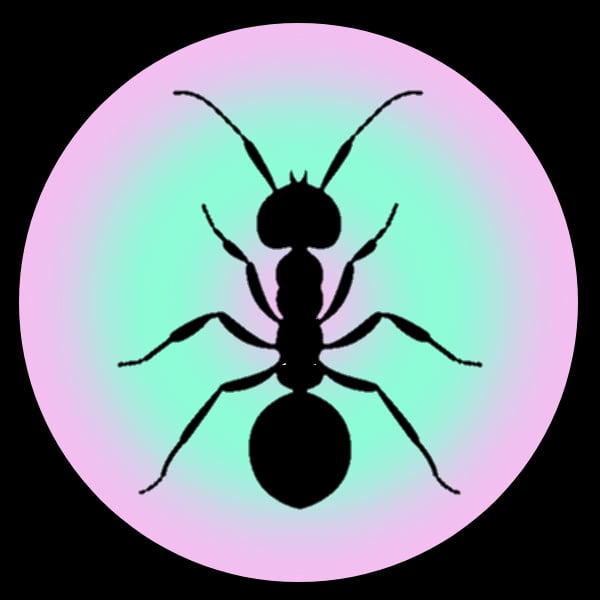I am sorry, but the infinite monkeys theorem specified typewriters. Hand-writing does not count
Pretty sure Shakespeare did his writing on a Smith-Corona Galaxie Deluxe.
There’s a website where all the possible sentences ever have been put into a library.
Your comment is at here in book Title: ojldlbk Page: 150
Where does one enter the title to find the book’s location?
And here I thought it was a Clark-Nova Portable.

But what if I type it?
Do it for the human race!
deleted by creator
While sure it’s a funny joke, it also kind of misses the point of the original analogy. The monkeys are intended to be stand ins for entirely random inputs, which Shakespeare, and the human species as a whole, is not.
But to get Shakespeare it was random, all the wars and plagues and volcanic eruptions and his ancestors moving around the country and him being born in a time where writing plays was a viable career
Yeah but the odds are only meaningful if someone was expecting Hamlett specifically to get written in the first place. Without that it ceases to be a significant event, and reduces to merely the event that happened. Just because one arrangement of molecules is unique doesn’t mean it’s special if any number of other arrangements is functionally the same. The same argument applies to any person. Yeah the odds of you in particular being born are astronomical, but that doesn’t make you special, because if it wasn’t you it would have been someone substantially similar to you. After all, your parents were making a baby either way.
That’s the point of the thought experiment. With enough time, all events with non zero probability will happen. The monkey that writes Hamlet isn’t any less likely or more impressive than the monkey than writes a unique set of complete jibberish.
Those won’t random acts though. They were decisions and actions from outside inputs. If you had enough data you could recreate the events from the big bang onwards in theory. Assuming human decision making is deterministic.
Random in this case means random as in if a particle decays or not. Not simply harder to predict as in human behaviour.
Yeah in what reality is the history of language “random”?
Go back far enough back and sure it was
I’m an ape, damn it!
Shut up and stop evolving.
It was the best of times, it was the blurst of times.
Ok, mind is blown.
And also… I kind of think this double entendre was intended from the beginning.
Can you explain it? I’m not sure I get it.
There is a thought experiment that says: given enough time, a million monkeys writing on typewriters will eventually produce the works of Shakespeare.
This thought experiment is used to argue for and against a lot of things, often times in arguments surrounding evolution.
But the OP just explained that we are the evolved monkeys and we produced Shakespeare.
And this makes me think that whoever imagined the thought experiment, knew about this double meaning from the start.
So they basically just wanted to call Shakespeare a monkey with a typewriter.
Aren’t we all just monkeys with typewriters and guns?
kind of think this double entendre was intended from the beginning.
Well I feel dumb now for not having ever thought about it.
Just like the chicken cross the road thing.
To get to the otherside. (After life)
Or Miles “Tails” Prowler. Miles Prowler. Miles per hour.
Me too, man. Me too.
Somebody might have misunderstood the thought experiment.
No. I think they understood it very well.
As the owner of both an infinite number of monkeys and an infinite number of typewriters, I can tell you from experience that I have not gotten one single work of Shakespeare, but I have had to clean a lot of monkey poo off the walls.
A lot? Lucky you, it could be infinite amount of monkey poo.
To tell the truth, it is an infinite amount of poo. I just didn’t want to shock the readers.
Countabley infinite monkey poo?
If you have an infinite amount of time.
Well someone did write Hamlet but we don’t actually know who. So the thought experiment holds up even better because it is a random person we don’t know much about.
We do know who wrote it, some people are just too elitist to accept it was a middle class boy from Stratford-upon-Avon
Apes together strong? ✅
Apes together write good? Jury’s still out.






